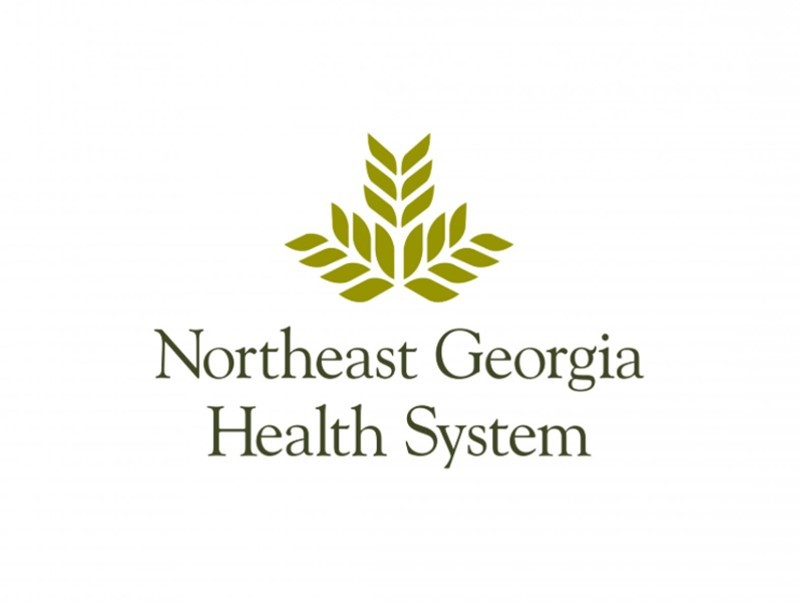The Northeast Georgia Health System is updating how information regarding COVID-19 is spreading, who is getting infected and the impact it has on the hospital system.
Hospital officials released a link Monday afternoon that features new charts with data in two categories: a rolling, seven-day average for positive test results at the hospital system, and beds currently filled and currently available at the system's hospitals.
The first data chart showed a rolling seven-day average for the percentage of positive results from tests at NGHS by the date or the test (instead of the date of the result.) The chart shows an orange line that represents a rolling seven-day average of the state's percent positive rate. There is also a yellow line, which represents the 5% mark the World Health Organization advises for a community to have reached, or be under, before a full scale reopening.
NGHS President and CEO Carol Burrell said testing rates are a common question for the health system.
“As we participate in conference calls and discussions with organizations, government agencies, elected officials, patients and visitors – we always hear common questions about the positive rate of the tests our teams are performing, whether our hospitals are full and which populations are being affected the most,” said Burrell. “Sharing this data gives everyone easy access to the answers each day, empowering them to make more informed decisions to protect themselves and their loved ones.”
The second chart took a look at bed capacity. Bed capacity has been a continuing concern during the pandemic, and this data shows how many beds at each of the four hospitals are occupied, which ones are occupied by a COVID-19 patient or a patient waiting on test results (referred to by the system as "patients under investigations" or PUIs.)
“The chart shows we have been very close to running out of beds since mid-July, when COVID volumes increased sharply,” says John Delzell, MD, one of NGHS’ COVID-19 Incident Commanders, who also has a background in Public Health. “It seems very likely that relaxed social distancing and large gatherings around the 4th of July weekend drove the increase in cases. We should all keep that in mind as schools reopen and the Labor Day weekend approaches. We all need to make responsible decisions for our community’s health.”
Earlier in the pandemic, the hospital system stopped offering elective surgeries, as well as turning to new processes for visitors. Some of those changes have yet to return to the pre-pandemic procedure.
“All it would take is one more big increase in COVID cases to force us to make the difficult decision to stop providing elective surgeries and other important services to free up resources or risk being overrun,” says Clifton Hastings, MD, Northeast Georgia Medical Center’s chief of Medical Staff. “That’s why it’s vital for people to continue following the 3Ws – wear a mask, watch your distance and wash your hands – to help limit the spread of the virus.”
The new COVID-19 data charts can be found here. Additionally, statistics regarding the pandemic in our area and other resources to maintain good health and hygiene are also available on that page

http://accesswdun.com/article/2020/8/929964/northeast-georgia-health-system-releases-more-data-on-covid-19-care
